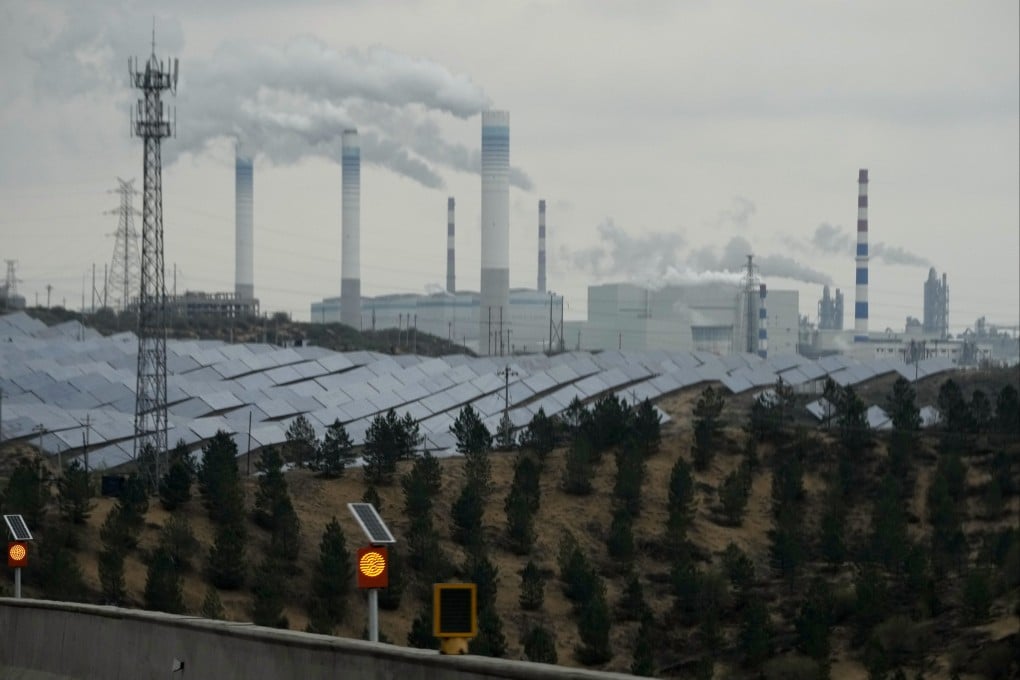Air pollution from fossil fuels linked to about 5 million deaths a year, study finds
- China was found to have the highest death toll related to air pollution, followed by India
- Scientists have urged countries to phase out fossil fuels ‘to improve health and save lives’

Replacing fossil fuels with renewable energy sources could prevent around 5 million extra deaths per year from air pollution worldwide – most of them in China and India – a new study has found.
“Phasing out fossil fuels is deemed to be an effective intervention to improve health and save lives as part [of] the United Nations’ goal of climate neutrality by 2050,” the team wrote in an article published in peer-reviewed journal The BMJ on Wednesday.
“Ambient air pollution would no longer be a leading environmental health risk factor if the use of fossil fuels were superseded by equitable access to clean sources of renewable energy,” the scientists from institutes in Britain, Germany, Spain and the United States said.
According to the International Energy Agency, 29 per cent of electricity worldwide was generated by renewables in 2020. China is expected to account for nearly 55 per cent of global additions of renewable power capacity in 2023 and 2024.
At the UN Climate Change Conference, which began on Thursday, countries are expected to take stock of progress on the Paris Agreement, which aims to reduce greenhouse gas emissions to limit global warming to 1.5 degrees Celsius above pre-industrial levels.
